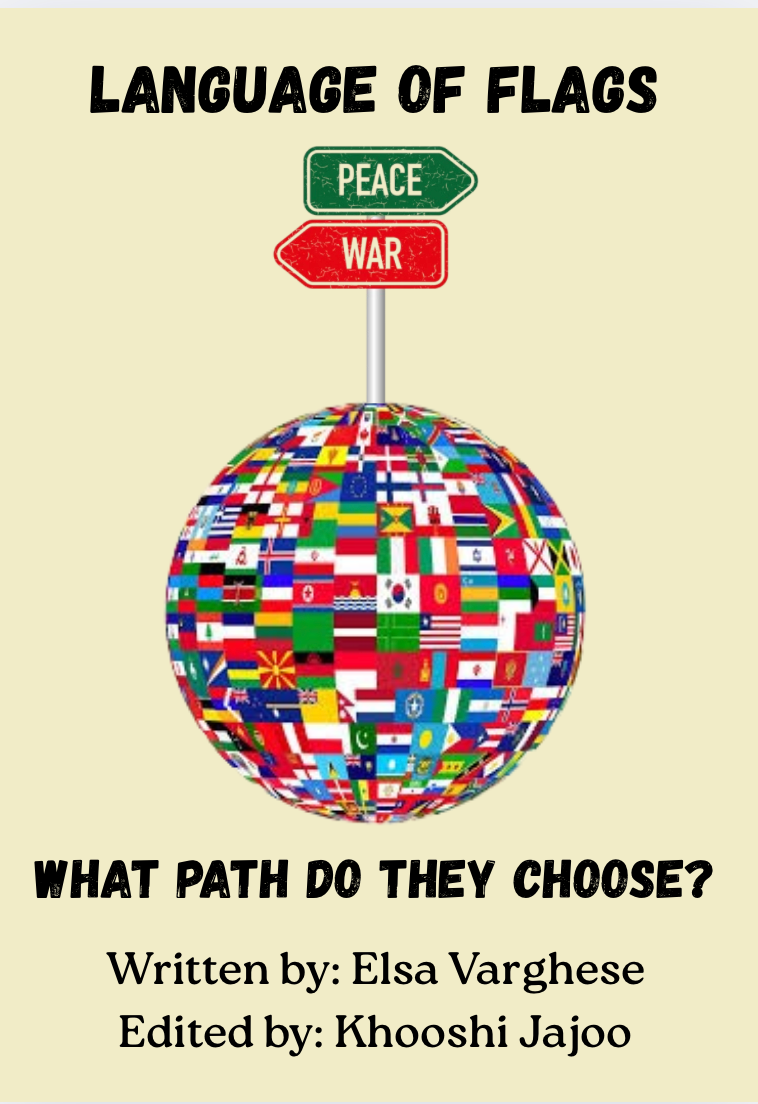Free Markets to Fortress Nations: Why is Neutral Ground Disappearing in Geopolitics ?
- Echo Magazine

- Sep 11, 2025
- 2 min read

Written by: Iniya J
Edited by: N. Roshini Reddy
The era of globalization seemed unstoppable with borders softening, markets opening up, and echoes of technocrats promising prosperity that would trickle down if only rules were liberalized. Countries integrated supply chains,embraced capital mobility,and adopted rules written in Washington, Brussels and Geneva with free-markets,liberal democracy and open-borders presented as the ideal. The pitch was that efficiency would deliver efficiency which would deliver prosperity and a resultant peace globally.
But one extremity by default gives rise to another and thus the relentless push for openness left scars like lost industries,stagnant wages and eroded sovereignty to name a few, with these often dismissed as transitional pains. To communities that bore the cost globalization was not an opportunity but an assault and now enter the populist counter-swing. Populism thrives on sharp contrasts: people versus the elite, sovereignty versus subjugation, they weaponize the resentment the liberal order had sown. In the United States, Trump’s “Make America Great Again” politics has turned tariffs into a tool of identity.In Germany, the AfD (Alternative für Deutschland) weaponizes discontent against the European Union (EU).In Hungary, Orbán rebranded sovereignty as resistance to liberal elites. These movements are not anomalies but simply reactions to neoliberal globalization with the fortress nations being born as a reaction to the perceived failure of the borderless world.
Geopolitically, the cost is the shrinking neutral ground. This clash of extremes is reducing the space for non-aligned and pragmatic governance. The war in Ukraine has forced binary choice upon the world; you are either with the West or with Russia. Countries like India and Brazil that have prized their non-aligned status face immense pressure to pick a side. ‘Free-trade’ is now being replaced with ‘friend-shoring’ and ‘de-risking’, supply chains here are more concerned with geopolitical loyalty with neutral markets being slowly carved hollow.Even climate cooperation where collective action is necessary is being recast as imposition of globalist elites and portrayed as a threat to national interests .Discourse in general has become binary with the moderate centre being drowned under the noise of woke-washing and ultra-nationalist backlash.
Karl Polanyi, an Austro-Hungarian economic anthropologist, economic sociologist, argued that economic liberalization when perceived as undermining national control triggers a countermovement where people increasingly demand economic nationalism and protective social and political reactions.This dynamic is now global, with neoliberal pretence having bred fortress politics, the room for compromise, coalition and adjustment are vanishing, the risk being a geopolitical order where extremes define the field with neutrality and pragmatic diplomacy slowly not even being considered as an option. The challenge now is to reclaim this vanishing centre and bring it back into the picture of geopolitics before the walls of the fortress nations grow so high that we can no longer see each other.





Comments